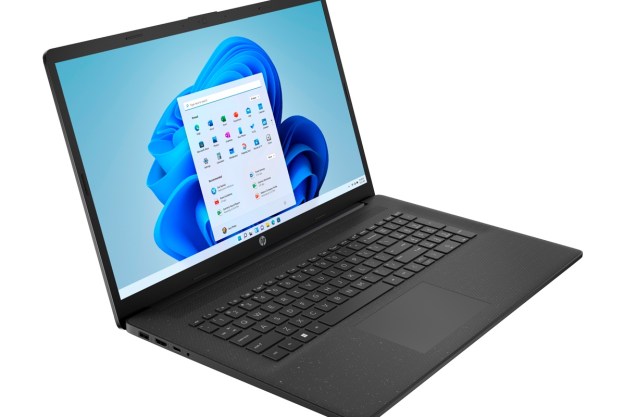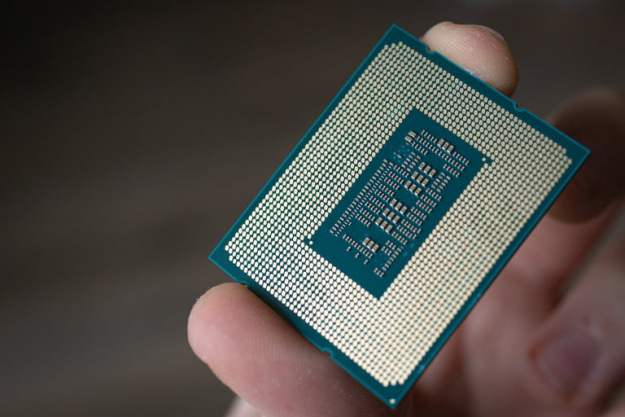 As Amazon’s cloud catastrophe stretches into day five, you can just feel the “I told you so’s” about to make an appearance. The cloud has been getting a lot of attention recently, largely thanks to Google and Apple’s forthcoming digital music services, and with the hype has come plenty of skepticism.
As Amazon’s cloud catastrophe stretches into day five, you can just feel the “I told you so’s” about to make an appearance. The cloud has been getting a lot of attention recently, largely thanks to Google and Apple’s forthcoming digital music services, and with the hype has come plenty of skepticism.
Amazon was able to restore service for the majority of its cloud customers but even today is still experiencing some issues. According to Amazon’s service health dashboard, some accounts are being held up by its elastic block storage (EBS) service, resulting in slow site performance. CRN reports that Amazon attributed most of the problems to this glitch: “As we posted last night, EBS is now operating normally for all APIs and recovered EBS volumes. The vast majority of affected volumes have now been recovered. We’re in the process of contacting a limited number of customers who have EBS volumes that have not yet recovered and will continue to work hard on restoring these remaining volumes.”
While Amazon’s cloud storage debacle is coming to a close, there’s ample opportunity for repeat scenarios out there. We’re seeing a variety of cloud-based services coming out of the woodwork: It’s not just always-accessible music and video streaming in our midst either; there are cloud-dependent devices like Google’s Cr-48 notebook. With the cloud come undeniable benefits, but as with anything new and innovative, there are some things to worry about. The last few days have underscored two major cloud vulnerabilities.
Privacy
It’s universally accepted that if you want to keep something a secret, don’t let it within 10 feet of the Internet. Dropbox has lost some user confidence lately for not thoroughly explaining its privacy policy when though it provides a home for millions of users’ data and documents. Saving something to the cloud means you’re sacrificing just a little control over its whereabouts, a scary idea depending on what you’re saving. If it’s the occasional file, like a resume or family photo, there isn’t too much to worry about. But if you’re deferring to the cloud as your storage weapon of choice, you know that you’re taking at least a small security risk.
Of course, everyone’s information is up for grabs. Even if you don’t have an Internet connection and the FBI wants to get its hands on your files, it will obtain a warrant and seize your computer. That just involves a few more steps. Criminals can break into your home and take your social security card if they really want to – just like a determined hacker could possibly get to something you’ve saved with a cloud-storage system. The PlayStation Network has been down for days now after being hacked and there’s concern user identity and information is in danger. That’s just the reality of the situation.
Outages
Recent events have brought this concern into focus. Various websites saw their sites go without service for days, a frustrating and costly experience. And there’s the distinct possibility that as these cloud-based options grow in popularity, there will be discount services. Services that might not have the capacity to meet demand, and then you’ve got a recipe for outages on your hand. It could simply mean you can’t get to your media library for a few days and you’ll have to wait to listen to your music or watch your movies until the site is functioning. Or you could lose access to work documents or flight information that you’ve saved to the cloud only.
These aren’t entirely unexpected, but they are manifesting somewhat rapidly as the cloud trend catches on. It’s enough to reaffirm your belief in external hard drives – not that ours ever wavered.
Editors' Recommendations
- Can’t wait until Black Friday? Today’s best iPad Air deal
- Amazon Big Fall Sale 2020: 7 deals you can’t afford to miss


